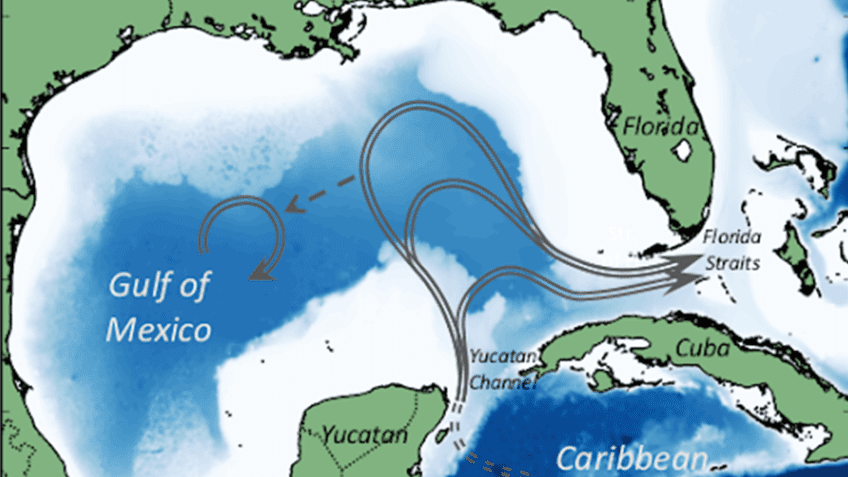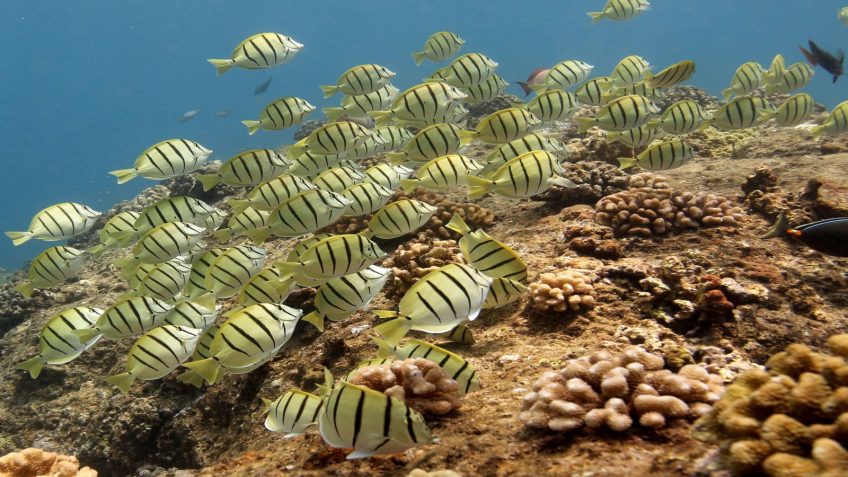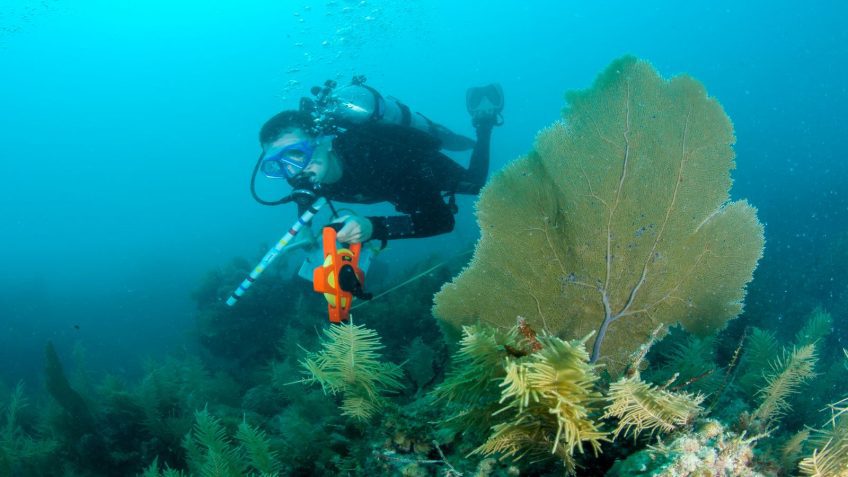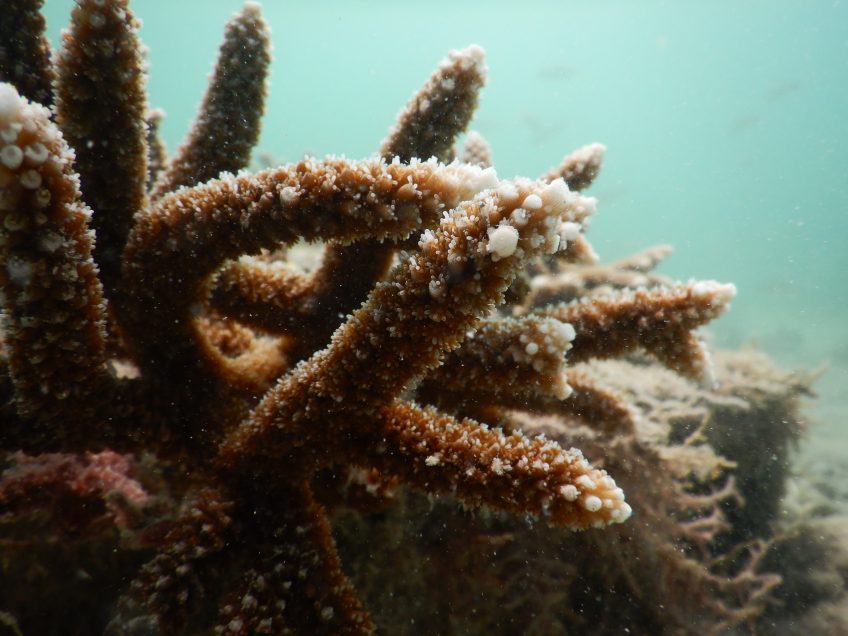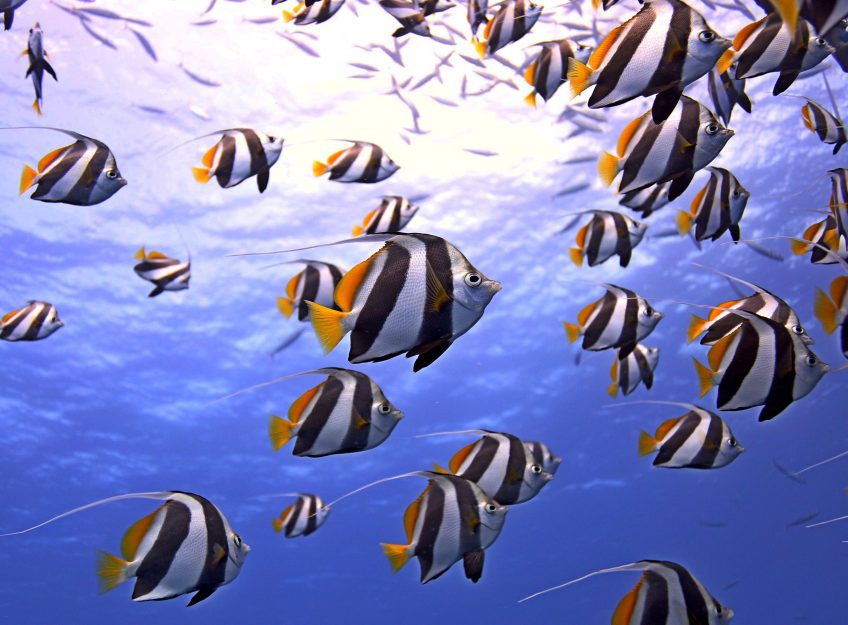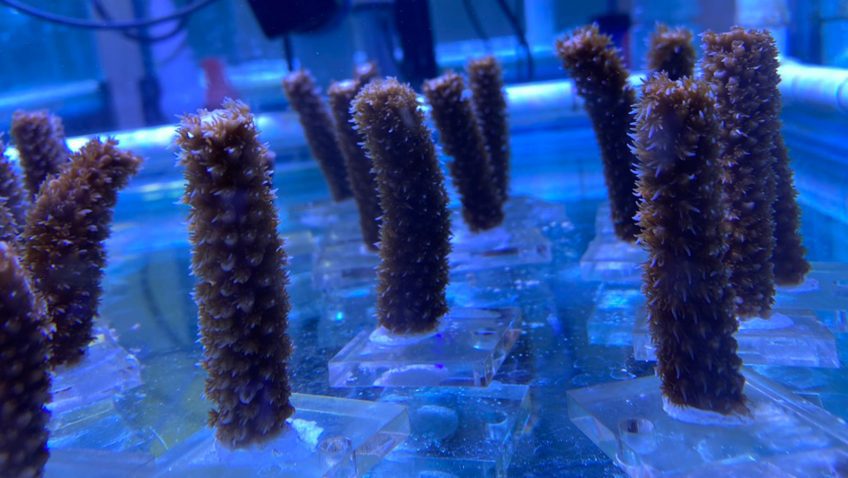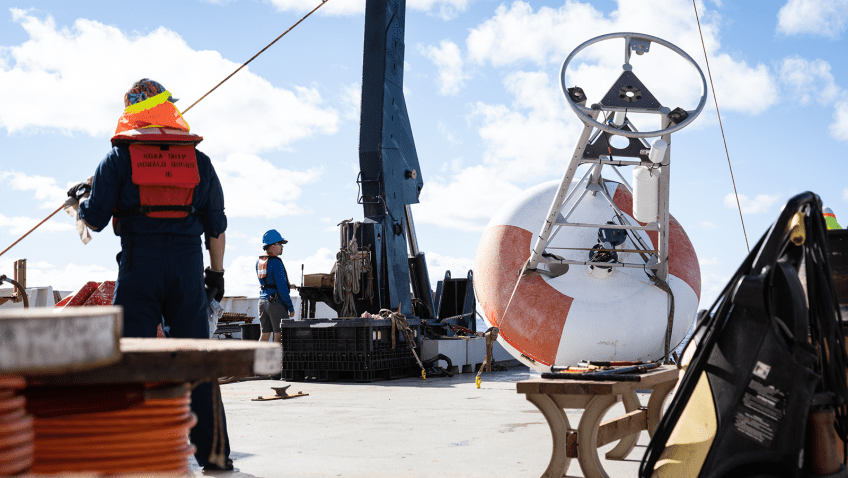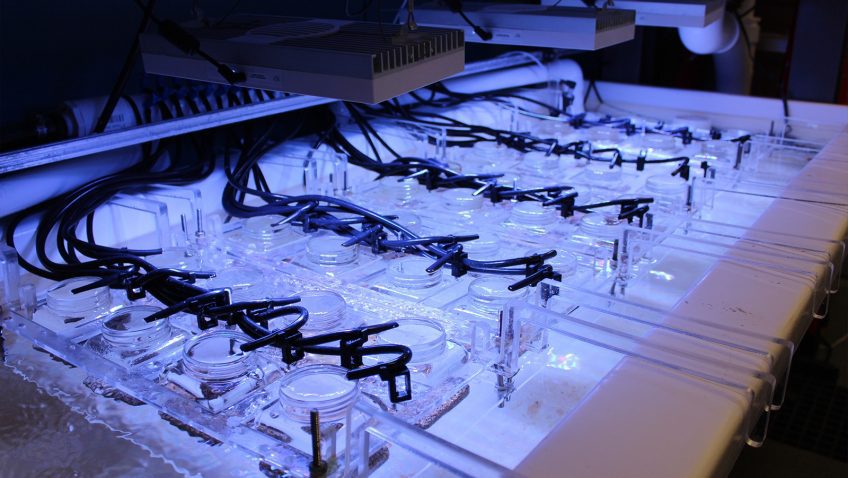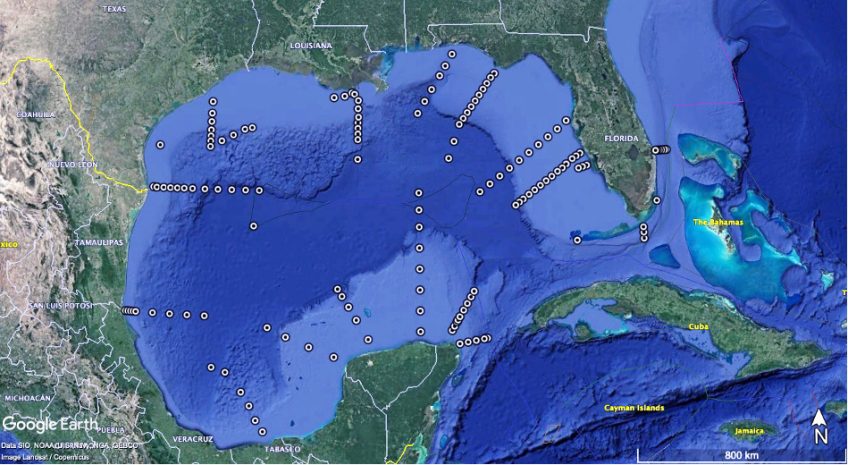Eddies in the Caribbean Sea Influence the Prediction of the Loop Current in the Gulf of America
A recent study by scientists at NOAA’s Atlantic Oceanographic and Meteorological Laboratory (AOML) in collaboration with partners at the University of Miami’s Rosenstiel School of Marine, Atmospheric, and Earth Science used a numerical modeling approach to investigate the impact of the eddy field in the Caribbean Sea on Loop Current predictions downstream in the Gulf of America. They found that eddy activity in the Caribbean Sea is crucial for the accurate prediction of eddy shedding by the Loop Current.
